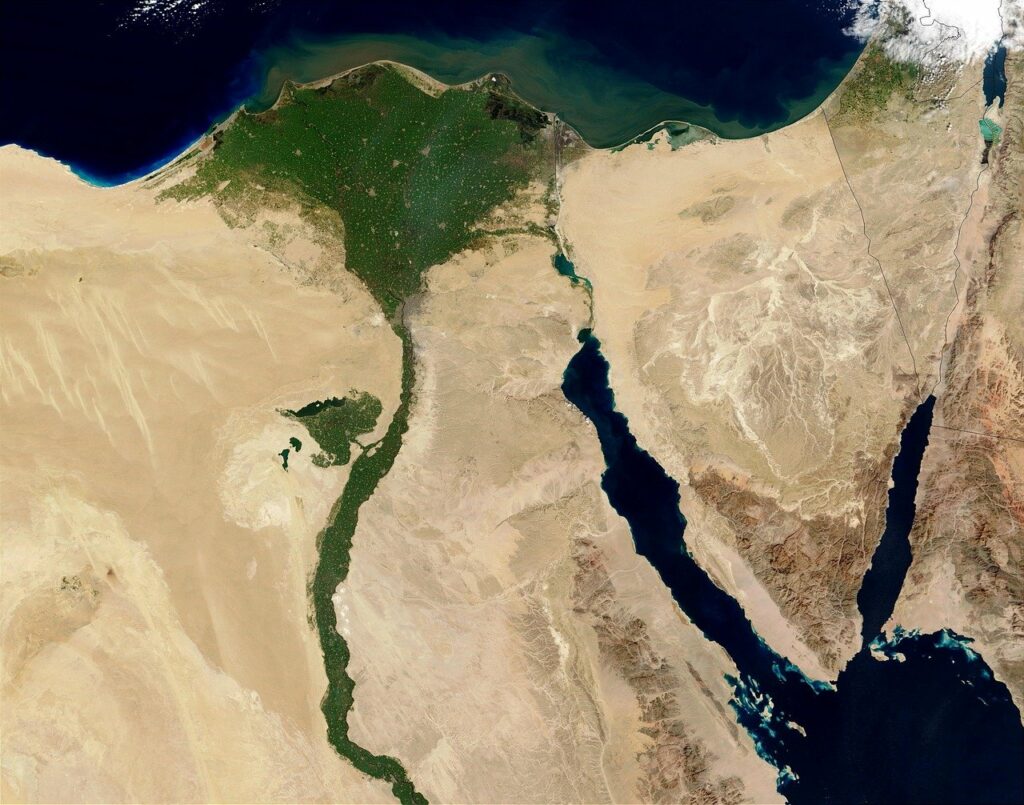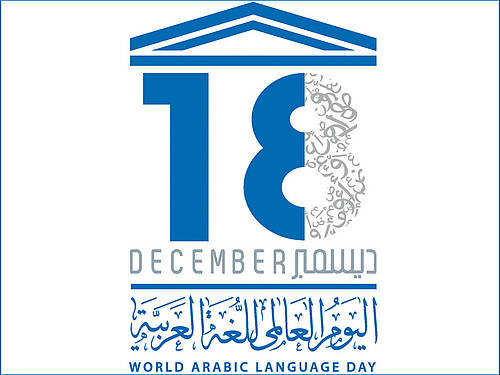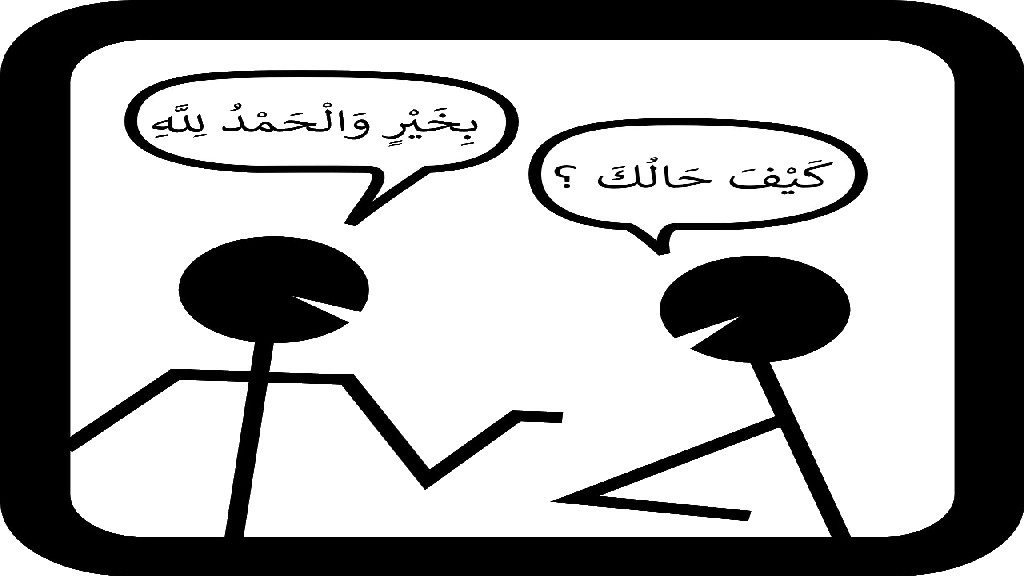The Role of Arabic in Deepening Your Umrah Spiritual Journey

How Reciting Qur’an During Umrah Amplifies Barakah The Role of Arabic in Deepening Your Umrah Spiritual Journey The Arabic language plays a crucial role in all practices and worship of Muslims. All teachings for Muslims to perform rituals of Umrah in the holy Quran and books of hadith are narrated in the Arabic language. If […]
Discover the Richness of Arab Culture with Al-Dirassa Institute: Learn Arabic, Islam, and the Quran Online

Discover the Richness of Arab Culture with Al-Dirassa Institute: Learn Arabic, Islam, and the Quran Online Introduction: The Enormous Richness of Arab Culture Arab culture is a treasure trove of ancient knowledge and traditions that have shaped centuries of civilization. As the language of Islam and a vast geographical region, Arabic is the key to […]
Egyptian Dialect: Understanding, Learning, and Speaking Egyptian Arabic with Al-Dirassa

Egyptian Dialect: Understanding, Learning, and Speaking Egyptian Arabic with Al-Dirassa The Egyptian dialect, or Masri, is one of the most widely spoken and influential forms of Arabic. Spoken by more than 100 million people, it is the everyday language of Egypt and its surroundings, yet its cultural reach extends far beyond Egypt’s borders, especially across […]
World Arabic Language Day: Why and How to Celebrate It?

World Arabic Language Day: Why and How to Celebrate It? Introduction Every year, December 18th marks an important date for speakers, students, and enthusiasts of the Arabic language: World Arabic Language Day. Initiated by UNESCO in 2012, this celebration highlights the importance of a fascinating language that stands among the most ancient, rich, and influential […]
Is Learning Arabic Mandatory for Muslims? Analysis and Reflection

Is Learning Arabic Mandatory for Muslims? Analysis and Reflection The Arabic language occupies a central place in Islam. It is the language of the Quran, prayers (Salat), and many other Islamic rituals. This privileged position raises an important question: Is learning Arabic mandatory for every Muslim? While this question has sparked diverse opinions among scholars, […]
Why Learning Arabic is Key to Understanding the Quran

Why Learning Arabic is Key to Understanding the Quran: Deepening Your Connection with the Holy Book The Quran, revealed in the eloquent Arabic language, holds layers of meaning that often get lost in translation. While reading the Quran in your native language provides a general understanding, the true depth and beauty of the Holy Book […]
Mastering Arabic as a Self-Learner

Mastering Arabic as a Self-Learner: Overcoming Challenges and Practical Solutions Introduction In a world where self-learning is increasingly common, acquiring linguistic skills such as Arabic becomes an exciting quest for many learners. However, mastering a language as complex as Arabic on your own can present unique challenges. In this article, we will delve deeply into […]
8 Reasons to Learn Arabic Online

8 Reasons to Learn Arabic Online Learning a new language can be a challenging and exciting journey. Arabic, the fifth most widely spoken language in the world, is no exception. It is a rich and fascinating language with a long history, vast literature, and vibrant culture. It is also a crucial language in the world […]
Unlocking Opportunities: The Compelling Reasons to Learn Arabic

Unlocking Opportunities: The Compelling Reasons to Learn Arabic Why Learning Arabic is Crucial: Delving into its Significance and Beauty The significance of learning Arabic transcends just the art of mastering a language. Arabic, especially its classical form, is a linguistic marvel that has journeyed through millennia, evolving but largely maintaining its core essence. This article […]
Understanding Arabic’s Rise: Reasons Behind Its Global Popularity

Understanding Arabic’s Rise: Reasons Behind Its Global Popularity The Undying Popularity of the Arabic Language: A Historical & Modern Perspective The Ancestral Roots Arabic, a language deeply rooted in history, has been spoken across the world for thousands of years. This language, enriched with poetry, prose, and religious significance, has seen both its highs and […]

